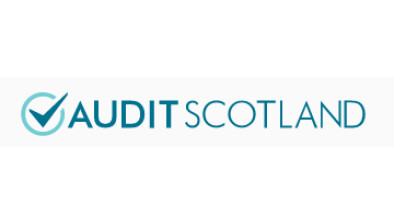ICAS urges UK Government to improve tax administration in ten key areas

The Institute of Chartered Accountants of Scotland (ICAS) has highlighted the urgent need for the UK Government to prioritise improving tax administration, as a dysfunctional tax system continues to fail taxpayers and tax agents.
In a new report – Tomorrow’s Tax Administration – ICAS has revealed its top ten priorities for government action to address problems impeding the smooth running of the tax system.
The ten priorities are as follows:
- Powers and safeguards – striking the right balance
- Facilitating the work of agents in supporting their clients
- Supporting high standards for all agents
- Swift access to the right HMRC support and expertise
- Meeting the standards set out in the new HMRC Charter
- Making Tax Digital – making it work for businesses
- Personal income tax – roadmap required
- Support and access for the digitally excluded and digitally challenged
- A user-friendly legislative framework
- Tax simplification
The report also highlights the complexity of the tax system and HMRC’s inability to provide adequate service levels.
There are immediate priorities requiring urgent action, including increased resources for HMRC and funding to tackle patchy digital systems which cause everyday problems for taxpayers and agents.
Charlotte Barbour, ICAS director of taxation, said: “Good tax administration is essential, even though it may not feature at the top of many political wish lists. It has a role to play in fulfilling the UK Government’s ambition for an open, business-friendly economy post-Brexit. If society as a whole does not trust the tax system because it does not function properly, voluntary compliance is undermined and the consequences for government revenues are serious.
“The government needs tax administration to work effectively to deliver the money it needs to pay for COVID recovery and fund ambitious initiatives around tackling climate change and levelling-up.”
Susan Cattell, ICAS head of tax technical policy, added: “Pushing ahead with major, complex projects, like Making Tax Digital, whilst failing to ensure that basic tax administration works properly for everyone who has to engage with it, is unacceptable and will not deliver what the government or taxpayers need.”










